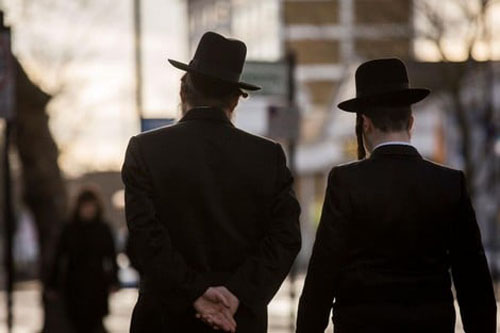It is the end of Netanyahu’s dark era,” says Kareem Hassanian, 44, a Palestinian psychologist who lives in the Gaza Strip, a place still counting the cost of the latest devastating war between Israel and Hamas.
He adds quickly: “And it’s the beginning of a new dark era. The new coalition won’t be different from the previous one. Israel still occupies Palestine. We will not see the end of the occupation in the coming years.”
Palestinians in Gaza are still clearing up after last month’s 11-day war with Israel, which saw tower blocks levelled by bombs.
How Palestinians in the occupied territories view changes in Israeli governments is always complicated. The prospect of the departure of Netanyahu as Israel’s prime minister, a little less so.
Without a vote in Israeli elections, Palestinians living in the occupied territories have no say in the decision, despite the fact that Israeli politics has far-reaching consequences in defining how Palestinian life is shaped.
And in the immediate aftermath of the announcement of a possible coalition government that would end 12 years of continuous rule by Benjamin Netanyahu, the responses from Gaza to the West Bank have inevitably been conflicted.
“We have seen more leftwing Israeli governments [than this one],” adds Hassanian, expressing the pessimistic view of many, “but the building of new [Jewish] settlements and persecution of Palestinians in the West Bank and Gaza continued.”
If there is one new feature, however, that puzzles many – in a proposed coalition that seeks to bring together left and far right – it is the mooted involvement in government of a party representing Palestinian citizens of Israel, Mansour Abbas’s United List. “It is strange that Mansour Abbas is part of this coalition,” said Hassanian.
For some in Gaza, however, the news of the proposed new government seems like an irrelevance. “I don’t follow the news from Israel,” said Latifa al-Nafar, 36, a housewife. “I don’t care who’ll be in power. I do not know Bennett or Lapid. What I care about is my life here.
“We have been living under siege for many years. Our lives have become difficult. It is not Netanyahu who imposed the siege, but successive Israeli governments that impose the same policy on us in Gaza.
Source : The Guardian





